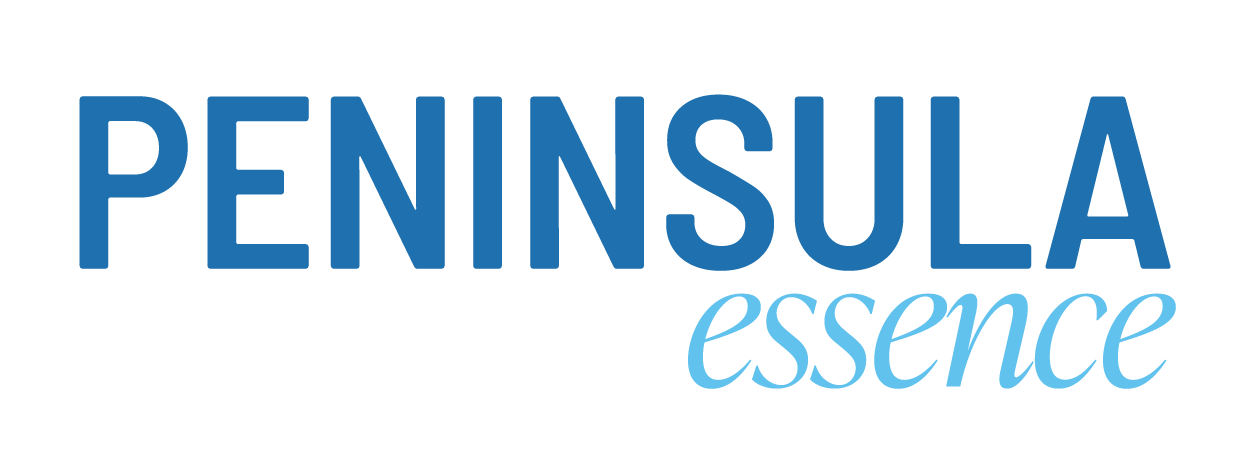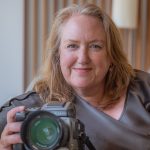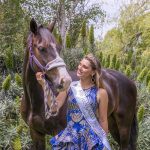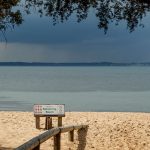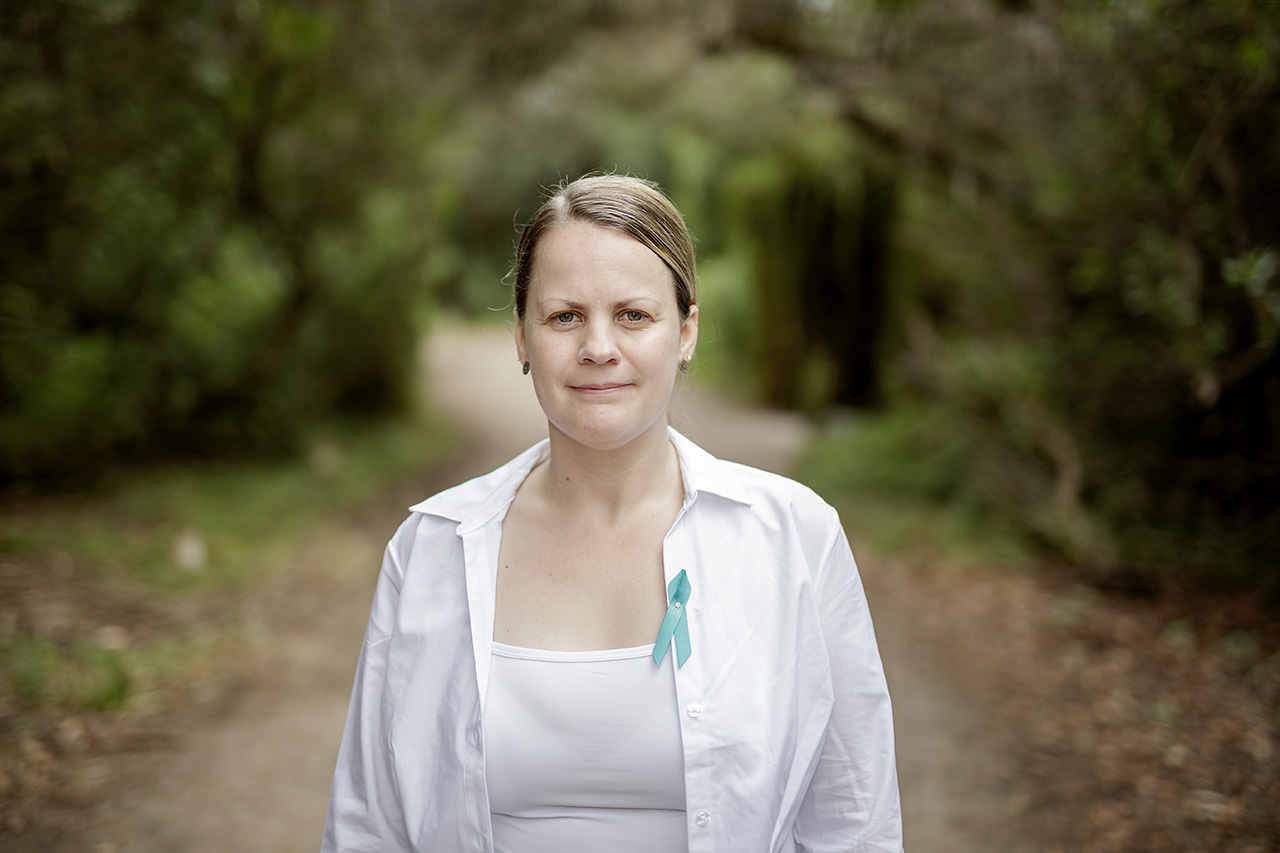
Photos Yanni & Supplied
It was only after the death of some of her relatives that Julie Gaspero discovered she had the BRCA1 gene for breast cancer. Then Julie’s father was diagnosed with prostate cancer.
“I was only twenty at the time, and I started to think about our family history; Dad had lost his mum and his sister through having breast cancer. I thought there was something not quite right. It wasn’t till I had a simple conversation with my auntie that I found out we had the BRCA1 gene mutation in our family. That’s when I said to my siblings, ‘Let’s get tested.’ We went to the familial cancer clinic at The Peter MacCallum Cancer Centre and six or eight weeks later, we got our results.”
When Julie and her sister, Michelle, tested positive, Julie’s reaction was to be positive. “I decided to take a bad situation and turn it around. You could let it ruin your life or think ‘knowledge is power’. The unknown was scary, but I’ve lost too many people in my life, and I didn’t want to become one of those people. We were told it wasn’t a matter of whether we got cancer – but when. It can be overwhelming; it’s raw, it’s emotional, but it’s very empowering if you’re given the knowledge that you can prevent something.”
It’s raw, it’s emotional, but it’s very empowering if you’re given the knowledge that you can prevent something.”
Julie and Michelle were having regular screenings at The Peter MacCallum Cancer Centre, and Julie was part of a study investigating the possibility of using a common osteoporosis drug to prevent ovarian cancer in those at high risk when one of those screens showed there were changes in one of Julie’s breasts. She would have had to wait a further six months for another scan and found herself worrying and losing sleep.
“That was enough for me to say to my sister, ‘We need to do something about this,’ and we put ourselves on the public wait list at Peter Mac for prophylactic double mastectomies involving implants.” In 2019, Julie and Michelle had surgery on the same day. “Facing that surgery and losing my breasts was very overwhelming.” “We had a ‘bye-bye boobies’ party together with some of our closest family and friends who are ambassadors for Inherited Cancers Australia. We celebrated and raised money. It was beautiful.”
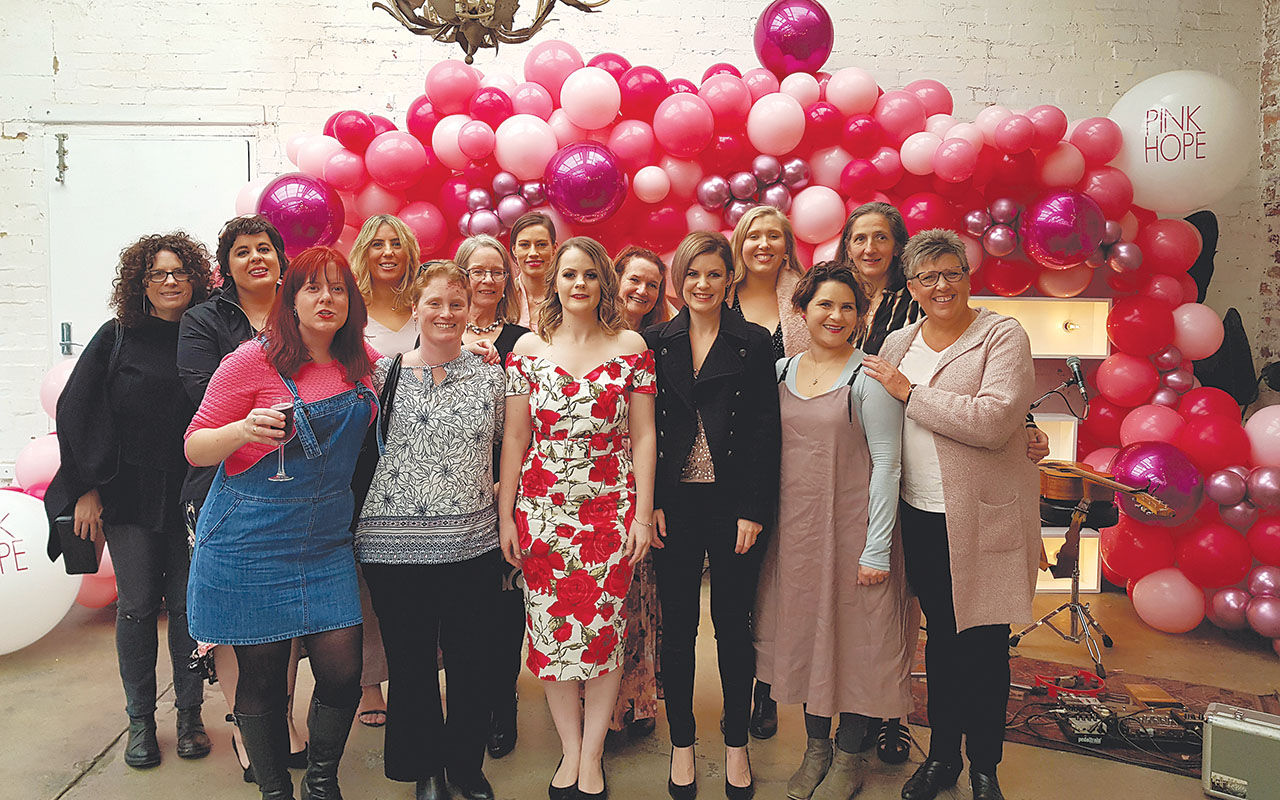
“When we woke up from surgery, it was the most bizarre feeling, going from an 80% chance of having breast cancer to 5%. To not waking up every day and saying, ‘Is this the day I get cancer.’ It was a bittersweet farewell, but at the end of the day,
I don’t have to worry about getting breast cancer. I wouldn’t wish it upon anyone to go through what we did.”
However – the second complication of this deadly genetic lottery is also having a 40% chance of developing Ovarian Cancer; whether you have the BRCA1 gene or not, Julie wants you, or your sister, mum or wife, to have a conversation about ovarian cancer, especially this month, which is Ovarian Cancer Awareness month. The symptoms are subtle; they can be mistaken for other conditions (see symptoms below), and there’s no definitive test for it – yet.
Julie says, “I know the Ovarian Cancer Research Foundation is doing incredible things, but listen to your body and, if you’ve got any changes that you think are not normal, you need to make sure you see your doctor and don’t ignore them. All too often, I’ve seen people just brush it off. We’re very attuned; we know ourselves better than anyone. And don’t take ‘No’ for an answer. Some women get told it’s the ‘drama queen syndrome’ when they see their doctor, but I want women to be persistent and get answers. Women need to be more vigilant, and if there’s an opportunity to be part of a study, to volunteer. If I can prevent just one woman from going through it, it’s worth it.”
Julie says, “Quite often ovarian cancer is found in its advanced stages.” Julie and Michelle have been advised that, when they turn 40, they should consider having their ovaries removed. Julie has a daughter and would like to have more children, but at age 36, she has only 4 years to achieve that. “Through Inherited Cancers Australia, I’ve known many women who have had their fallopian tubes removed because that’s where ovarian cancer starts. It’s a big decision to make.”
If they decide to go ahead, Julie hopes she and Michelle will be able to have the surgery together on the same day again. “It’s crucial to have that support. Someone who just ‘gets it.’”

There’s no way to directly prevent breast or ovarian cancer other than screening, which can only be done for breast cancer at present. Julie says, “If you’ve got a family history of any kind of cancer, then I strongly recommend that you look into why. Genetics is an ever-evolving science, and if you have an opportunity to screen for it, take it.
However, during Ovarian Cancer Awareness Month in February, it’s about having that conversation with others and perhaps raising funds for research or supporting women who go through treatment. It’s not something that women talk about often. Our health is a taboo subject sometimes. All it takes is one simple conversation, and that’s how it started for me. When I look back, it’s been a big journey, but I wouldn’t change it for anything.”
What are the symptoms of ovarian cancer?
• Abdominal bloating or increased abdominal size
• Abdominal or pelvic pain
• Appetite loss, feeling full quickly or indigestion
• Urinary changes such as frequency or urgency
• Changes in bowel habits, such as constipation
• Unexplained weight loss or weight gain
• Unexplained fatigue
On the peninsula, look out for ‘Walk With Women’ on Mother’s Day in May along the bay starting in Safety Beach. For more information about ovarian cancer and the ‘Walk With Women’ fundraiser go to: canceraustralia.gov.au
